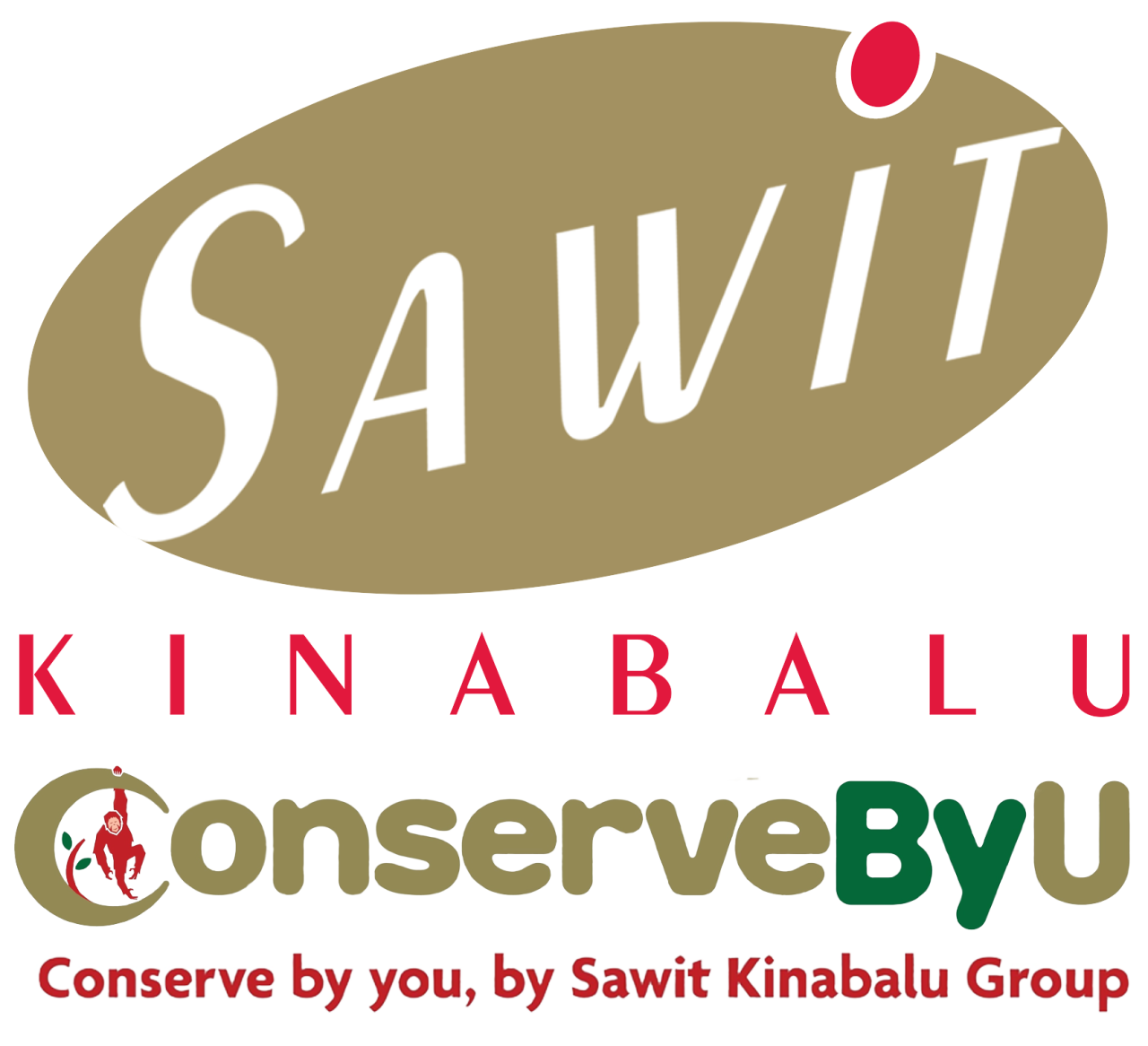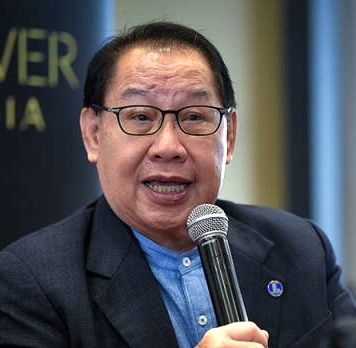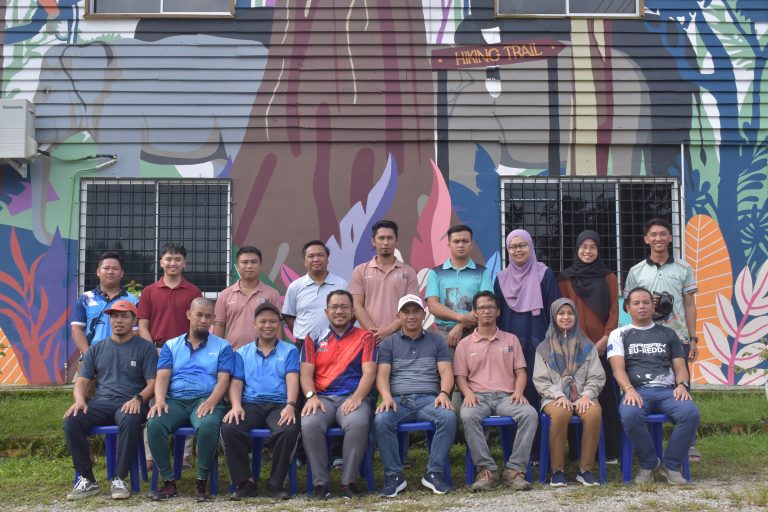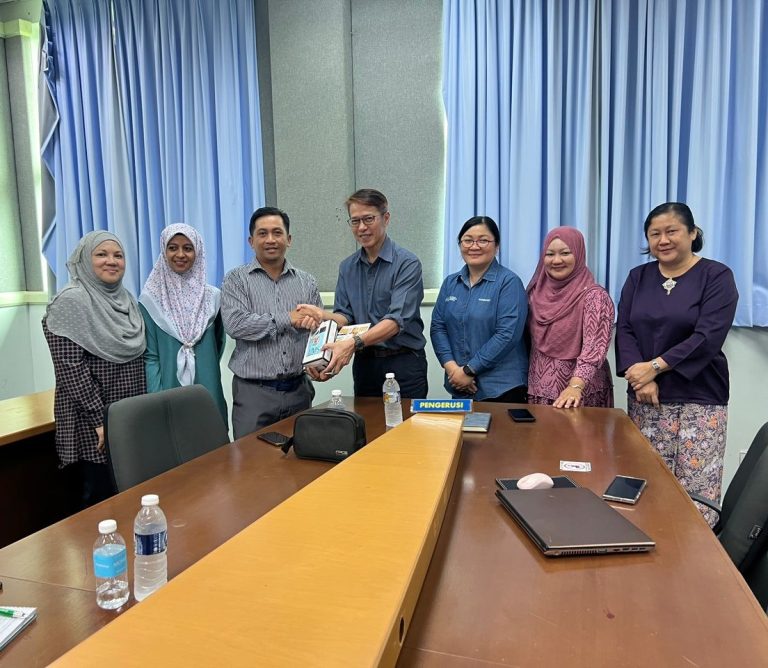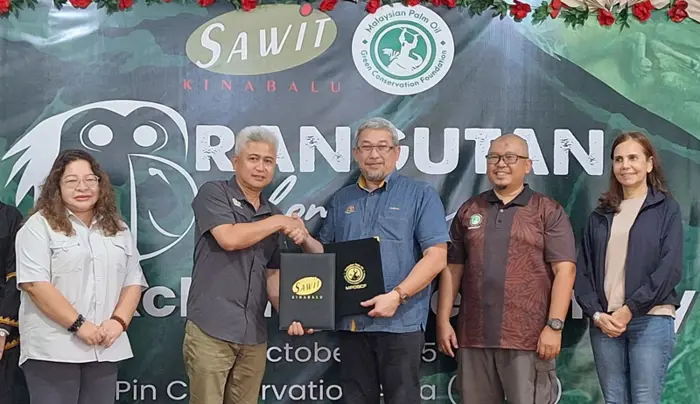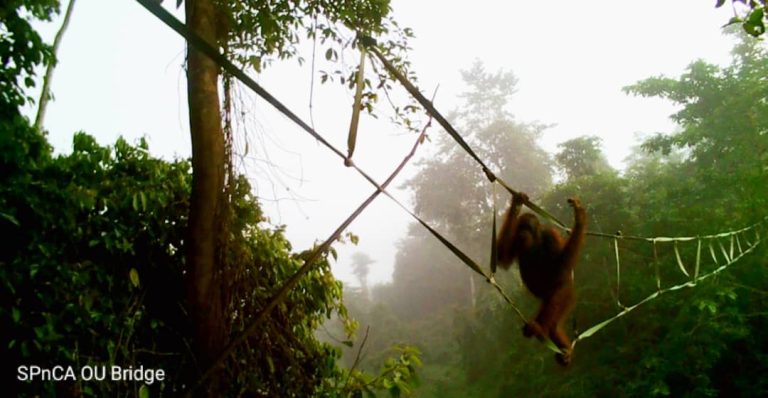BY MARIAH DOKSIL ON APRIL 24, 2024 (Source: The Borneo Post)
KOTA KINABALU (Apr 24): The Sabah State Government is collaborating with Sawit Kinabalu following the decision of the Cabinet meeting on October 4, 2023 that all government-linked companies (GLCs) allocate part of their land for food production, especially rice.
Deputy Chief Minister Datuk Seri Jeffrey Kitingan said this during his winding up speech at the State Assembly sitting on Wednesday.
“Food security is the main agenda of the country and Sabah. In connection with that, the Cabinet meeting on October 4, 2023 had decided that all GLCs allocate part of their land for food production, especially rice. Not all GLC plantation areas are suitable for oil palms. There are also other areas that are more suitable for other crops.
“The State Government has identified Sawit Kinabalu as a GLC that can contribute to the development of food crops based on the area of land, experience in management and the ability to diversify the food crop business.
“Therefore, the strategic collaboration with the GLC will directly increase the area of rice cultivation and reduce the dependence on imported rice,” he said, referring to a 100-acre rice project in Kota Marudu.
According to Jeffrey, the area of Sawit Kinabalu is 86,840 hectares (ha), while the land used for other cultivation including rice is only 542 ha.
According to him, this is only 0.006 per cent of the entire area of Sawit Kinabalu.
“It is also understood that Sawit Kinabalu has identified an area of 500 to 1000 ha that is not productive for pineapple cultivation,” said Jeffrey who is also Agriculture, Fisheries and Food Industry Minister.
At Tuesday’s debate session, opposition leader Datuk Seri Shafie Apdal had questioned the collaboration, where he believes Sawit Kinabalu should be focusing on oil palm cultivation and go downstream, for palm oil products.
Meanwhile, Lamag assemblyman Datuk Seri Bung Moktar Radin suggested the state government create a contract farming system by giving agricultural seeds to villagers and selling them to the Agriculture Department.
“If every house in the villages planted four or five mango trees, for example, just imagine if many people planted and gathered together, surely the results would be many. This will indirectly increase their economy.
“I believe this farming contract is a better system than other systems,” he said.
Jeffrey, who agreed with Bung’s suggestion, said he will be including the proposal into his speech.
In his winding-up speech, Jeffrey also said his ministry through the Sabah Fisheries Department (DOF) is producing quality F1 (First Generation) parent breeds for sea bream and grouper fish species.
He said the production of F1 through the Marine Fish Breeder Development Program is also planning to try breeding milkfish or baulu fish which are categorized as people’s fish.
“The DOF obtains quality broodstock from natural waters.
“Meanwhile, the production of the necessary food and medicines is also done to ensure the health and fertility of the fish parents.
“In addition, DOF also has a Downstream Industry Development Program to encourage graduates, youth and fishing families to venture into the downstream sector of fisheries. The program provides incentives in the form of processing equipment, course implementation, in-situ training and equipment assistance,” he said.
According to Jeffery who is also the Deputy Chief Minister, the program provides opportunities for new entrepreneurs to promote the results of their products, while the Department of Agriculture helps in giving advice and recommendations to new entrepreneurs to obtain financial loans from financial institutions to start their businesses.
“With the existence of these downstream fisheries product companies, it can open job opportunities for the local population.
“Departments and agencies under my ministry also implement various programs to increase the income of the target groups, which are farmers, breeders, fishermen and agri-entrepreneurs.
“There is no doubt that there are poor and hardcore poor in the ministry’s target group. Therefore, the programs implemented are able to increase the income of the program participants and further help them get out of the poor and extreme poor group,” he added.
According to Jeffrey, his ministry through the Rural Development Corporation (KPD) also implemented a Contract Planting Program involving rural residents to help the government in poverty eradication.
The poverty alleviation efforts are through the implementation of projects such as Broiler Chicken Farming, Village Chicken Farming, Honey Bee Farming, Shiitake Mushroom Preservation and Pomelo Crops which are participated by 500 farmers in the countryside.
